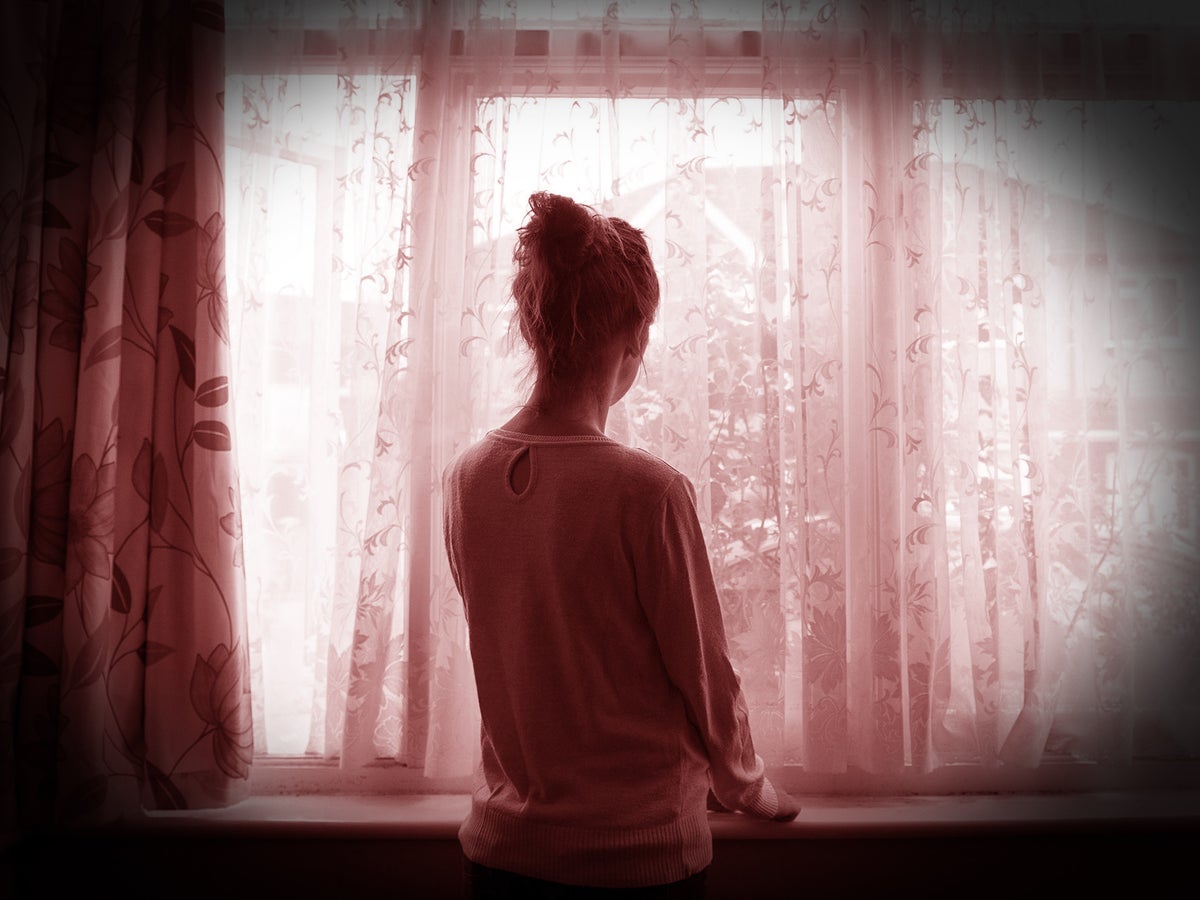
Survivors of modern slavery are being sent to prison for crimes they were forced to commit and not being identified for help, new research suggests.
Academics surveyed prison workers who are designated contacts for victims of modern slavery in custody and more than half said the number of victims in prison was likely underestimated.
Around one fifth of foreign offenders convicted in the UK have been referred for modern slavery support, data from January to September 2022 shows.
One forensic psychologist interviewed for the report said they estimated they had seen 100 victims over the last few years and said: “It’s increasing exponentially”.
One modern slavery survivor who was sent to prison told researchers that in custody “no one wanted to listen”, adding: “For so many years I was too scared to talk”.
Another said putting victims in prison was easier for the authorities than offering support. “I think that’s the quickest way, for us, being victims, it’s the quickest way to put us into prison rather than support us,” they said.
Vulnerable people who are trafficked to the UK can often be forced into work at cannabis farms, in county lines drugs networks or for organised pick-pocketting gangs, researchers said.
Another modern slavery survivor said they pleaded guilty in court so they wouldn’t have to go back to prison but were then told by a immigration solicitor “this is so wrong, you shouldn’t be in here, you shouldn’t be in prison”.
One modern slavery survivor said they were a ‘young child who was sent into the hands of a predator’— (PA/ The Indepedent)
They continued: “I still have the shame of being considered as a criminal, knowing that I have never, would never even hurt a mosquito, but I’m labelled in this country as a criminal.”
One victim told researchers that traffickers end up going free “whereas the people that were being forced to do this, they end up being sentenced to three years”. They continued: “I was a young child who was sent into the hands of a predator without knowing.”
In some cases, asylum seeking children are picked up from Home Office hotels and “disappeared” by traffickers, a report in The Observer found earlier this year.
Fifty people who worked as modern slavery special points of contact, a role established in prisons to identify victims, were surveyed for the report. Twenty said they were aware of at least one prisoner who had been referred by officials for help as a suspected victim of modern slavery.
However 33 of those surveyed said that it was likely that there were unidentified modern slavery survivors in prison.
One person working in the Northern Ireland Prison Service said: “The [prison] chaplains anecdotally would tell us that a large number of foreign nationals they see claim to have been either enslaved or trafficked”.
Dr Marija Jovanovic from the University of Essex, who led the study, said: “We like to think that countries deal with modern slavery by identifying and protecting survivors, whilst sending perpetrators to prisons. The reality is much more complicated, with many survivors being sent to prisons, sometimes for the crimes they were forced to commit by their traffickers, instead of being protected.
“Shockingly, given how few convictions there are on modern slavery charges, it’s not out of the question that there might be more survivors than perpetrators in UK prisons”,
Silvia Berastegui, from not-for-profit Hibiscus Initiatives, said that they continually see survivors of trafficking who have been “wrongly criminalisted for being forced to commit an offence”.
Jakub Sobik from the Modern Slavery PEC, which funded the study, said that there was more to do to “improve identification and support for people affected by modern slavery”.
The Ministry of Justice have begun a campaign to raise awareness of modern slavery among staff and published new guidance this year on how to support victims.
A government spokesperson said: “Modern slavery is a heinous crime and we support thousands of victims towards their recovery every year, with courts taking it into account when sentencing.
“We recognise many people entering custody are themselves victims of crime including modern slavery which is why we have rolled out clear guidelines and extra support for staff to ensure survivors get the help and trauma-informed support they need.”



.jpg?w=600)



